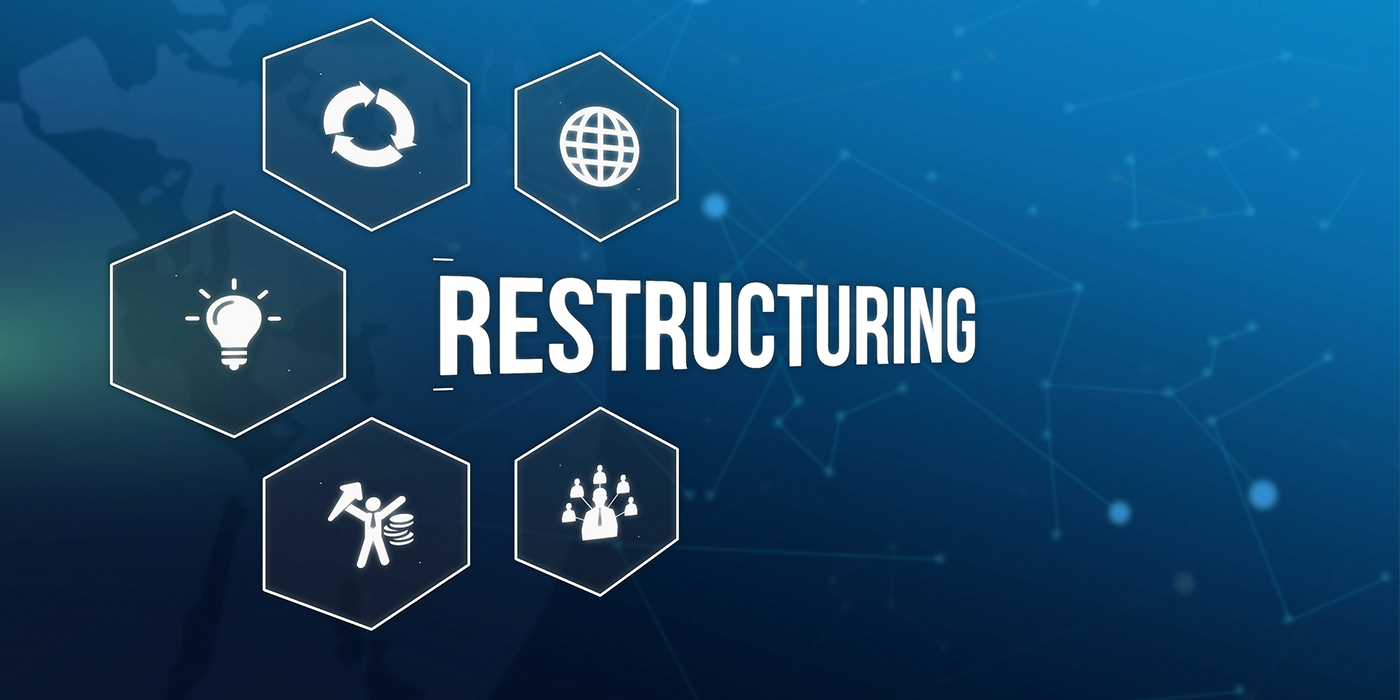The rule of reciprocity states that when someone does something for you – either giving you a gift or doing you a favor – you want to repay in kind. Indeed, there is a lot of scientific research to support the idea that gifting can change a person’s behavior.
What if you gave your customers a high-quality pen with your dealership name on it right before you presented your work order? Would that have a positive or a negative impact on your transaction?
“Welcome back. We want to review the estimate we’ve prepared for your vehicle. But first, we’d like to give you this pen (open the box, revealing the gorgeous pen). We give this to you for two reasons. One, we want you to remember that we value you as one of our customers, and two, because we need your signature on the work order!”
The pen is a logical gift at this point because the customer is about to sign paperwork. You want your customers to have a quality keepsake reminding them of you and their high-quality experience with your shop.
Instead of assuming this is a successful practice for your dealership, measure the response. Examine various outcomes. Does this gift have any impact on the dollars of the deal? Are “pen” customers more satisfied with their tire- or service-buying experience? Are these customers more likely to give you a positive testimonial?
Evidence-based dealership management gives us insight as to whether this will positively influence your business. And although this small technique isn’t going to result in millions of dollars, it may add something. Next, ask yourself whether you could use evidence-based dealership management in other exchanges.
These occasions might include such things as:
• Hiring strategies
• Training and development
• On-the-road service calls
• Vehicle customization consultations
• Customer appreciation events
• Compensation ideas
However, you also should run larger and longer-term tests.
Regardless of the complexity, it’s a good habit to test an idea before you put a policy or a guideline in place.
So why don’t we test our assumptions? Often there are impediments to gathering the evidence. Here are a few examples:
• Information is not readily available
• No real-time information, which can cloud cause-and-effect and correlation decisions
• Don’t know how to go about testing
• Don’t have the time or energy to do so
• Unwilling to use facts to analyze decisions
• Unable to view the world systematically
• Substitute assumptions for facts
• Lack of resources
• Unable to put your ego on hold
Crash Course in Research
Here’s a basic approach to understanding how you can conduct organizational testing, thereby starting your journey to practicing evidence-based dealership management.
Hold X Constant and Change Y: This is the heart of scientific testing. You hold as much constant as possible and then change just one thing at a time and measure its impact. Then you can try different variations of Y. For example, in our pen reciprocity test, you could keep everything about your sales process the same (keeping X constant) and then add the gift (Y) immediately prior to presenting the end product. Then you could change the variable (Y); you could try giving something else like a tire pressure gauge or dealership apparel immediately prior to presenting the end product.
Or, you could try gifting a nice key fob, which would change your variable (Y) for a third time. You can probably come up with other variables.
Cause-and-Effect: Processes describe how something happens. Cause-and-effect links situations and events together, but this involves more than a simple sequence. Cause-and-effect analysis explains why something happened or is happening, and it predicts what probably will happen in the future. Many causes can create a single effect, and a singular cause can create multiple effects. There are also main causes and contributory causes. As you look at your dealership information, ask yourself if you are looking at the cause or the effect of the situation.
Quantitative vs. Qualitative: There is always an ongoing discussion as to which is more valuable: quantitative information (that which can be counted) or qualitative information (des-criptions of experiences or events). A real drawback of qualitative data not captured immediately is recollection; what we remember often isn’t what happened. Regardless, both are valuable to practicing evidence-based dealership management.
For us, Einstein ends the discussion: “Not everything that can be counted counts and not everything that counts can be counted.” The problem with both forms of analysis is that we are often seeing what we want to believe. This is an inherent characteristic of the human condition.
The Hawthorne Effect: This effect states that people who realize they are being studied as part of an experiment improve their performance. People are more likely to step it up a few notches when they know someone is looking over their shoulder.
The danger here is that you could skew any test results simply by testing. Employees who are aware that they are being studied are much more likely to perform at a higher level; their performance could improve due to the Hawthorne effect and not due to the variable you are testing.
Statistical Significance vs. Statistical Validity: Statistical significance asks if we tested enough people; statistical validity questions whether we can trust the result of the test.
Strange Sample: This occurs when the population you test or query is somehow skewed. It’s akin to wanting to know if finance managers should be one of the highest paid people in the dealership and only asking your finance managers.
At the end of the day, when it comes to research, you can always question something. However, we should do our testing, narrow the possibilities and make an intuitive leap. At this point, an objective third party can often help you connect the dots.
An award-winning author, top-rated trainer and founder of Peak Dealership Performance, Mark Rodgers holds a master’s degree in adult education and the National Speakers Association Certified Speaking Professional designation.













